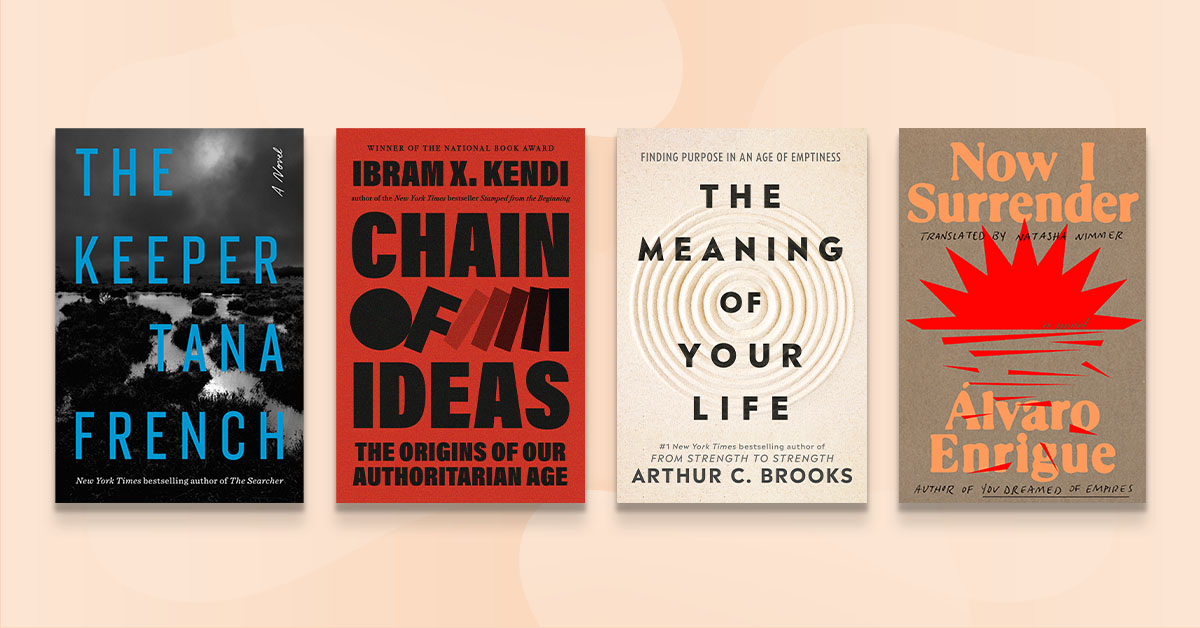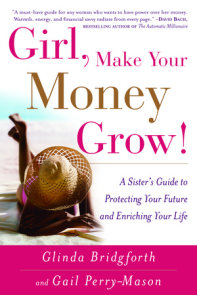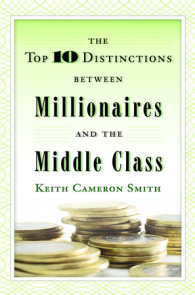READERS GUIDE
Questions and Topics for Discussion
1. Why does Anne-Marie think that the work of early feminists, from Susan B Anthony to Gloria Steinem, remains unfinished? Do you agree or disagree?
2. Anne-Marie writes her husband taught her to “act like a man.” What does she mean by that and do you think it’s an important lesson for women in work and life situations? (p. 17)
3. Anne-Marie tells the story of Carey Goldberg who left a job for the New York Times for more flexible hours at the Boston Globe. Did she “opt out” or was she “shut out” by the Times’ refusal to change its work practices? (p. 22)
4. Discuss some of the practical issues Anne-Marie raises when it comes to a woman raising a family and having a career. Why does she argue women should have children earlier? Do you agree or disagree? Is egg freezing the answer? Or should we be providing earlier windows where it is possible to slow down but stay on a career path? (p. 33)
5. Anne-Marie quotes a statistic that says 50% of millennial men say being a good parent is one of the most important things in their life (versus 39% of Generation X.) Have you noticed this change among the younger generation? (p. 50)
6. In her chapter on the workplace, Anne-Marie makes the case that “working less is working better”. What do you make of her claims and do you agree based on your career and work life? (p. 71)
7. In her important chapter “Competition and Care” Anne-Marie writes “Not valuing caregiving is the taproot, the deeper problem that gives rise to distortion and discrimination in multiple areas of American society….Care can provide a new political banner under which all women can unite.” What does Anne-Marie notice in the work place, society and our current laws that make care giving unvalued? (p. 87)
8. Talk about the letter Anne-Marie received from Tanya Sockol Harrington and the idea that questions of work/life balance are geared to a wealthy and educated audience. Does Anne-Marie’s assertion that caregiving is the common challenge for us all ring true to you? (p. 90)
9. What do you think about Anne-Marie’s statement that we should value the jobs that involve caring for others, such as child or elder care workers, nurses, teachers, and coaches, every bit as much as money managers or computer scientists? (p. 106)
10. Why was reading Milton Mayeroff’s On Caring such a revelation for Anne-Marie? While reflecting on the book Anne-Marie writes: “the process of nurturing and teaching means that you are pouring your own experience, values, and views into the other person while at the same time, if you are doing it right, giving her space to be herself.” Talk a little bit about this idea and your experiences helping younger people and/or how mentors helped you. (p. 111)
11. Why does Anne-Marie think the next phase of the women’s movement is a man’s movement – and “the biggest unconquered world open to men is the world of caring for others”? Do you agree or disagree with her assertion? (p. 139)
12. Anne-Marie comments that money and masculinity are deeply intertwined. She mentions the awkward scenarios that have arisen when her husband admits to his friends and colleagues that she out-earns him. Do you have any friends or family where the woman is the primary bread winner? How is it handled and talked about? (p. 143)
13. Anne-Marie tells the story of Rob Boland who took a less demanding job and then became a lead parent to spend more time with his kids. Do you agree with Anne-Marie it would be beneficial if more men followed suit? (p. 145)
14. Anne-Marie mentions she does the taxes for her family, but her husband plans the vacations and she calls these “household divisions of duties where gender stereotypes don’t necessarily operate.” Can you think of tasks like this in your family? Why does child rearing fall more along gender lines? Can you imagine how it would be possible to “stop seeing the home as gendered place” as Anne-Marie quotes Abigail Rine saying? (p. 149, 169)
15. Anne-Marie discusses how small phrases can make a big impact in revealing our values: such as the use of the title “Ms.”, “Mr. Mom”, “stay at home mom,” and references to Anne-Marie leaving her State Department job as “opting out.” Are there phrases that you’ve come across in your home or work life that suggest preconceived notions? Are there additional points you would add to the “A New Vocabulary of Real Equality” section? (p. 183)
16. How does Anne-Marie think the idea of a career has changed over the years and what do you make of the concept of “the career portfolio”? Are there more opportunities now to have different skills and experiences? (p. 191)
17. Do you think there’s more potential now to continue to accomplish your goals later in life as Anne-Marie suggests? Do you have friends or family who’ve had a second surge – “a time of renewed energy, focus and commitment to a professional goal?” Are there projects that you’d like to take on in Phase 3 of your life? (p. 196)
18. Anne-Marie discusses the challenges when both partners in a relationship have ambitious career goals and the wish to raise children. She encourages young people to have a conversation that faces this scenario in specific terms. Did you have a similar conversation or would you before starting a relationship? What do you think about the questions Anne-Marie suggests and are there any questions you would add to her list? (p. 203)
19. Anne-Marie comments on how work is changing, with companies allowing greater flexibility, and the on-demand economy with services such as Uber. What are the advantages and risks in careers that no longer revolve around a single company? Do you have any friends or family who freelance and do they prefer the work to traditional employment? What does Anne-Marie mean when she says the sharing economy must become a caring economy? (p.210)
20. Anne-Marie suggests improving caregiving in the US can be a bipartisan issue as “the disagreement around care is not as much about whether we should be devoting resources to caring as it is about who, in fact, should be doing the caring.” Of the ideas that Anne-Marie suggests on p. 233 which do you think are most important? (p. 233-235)





















